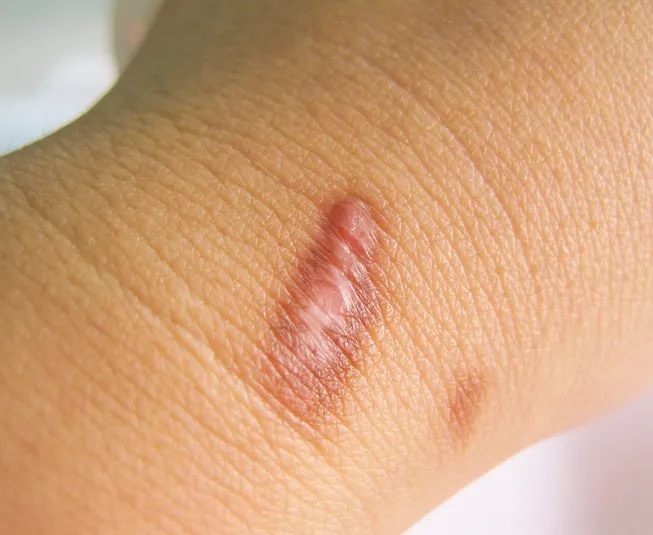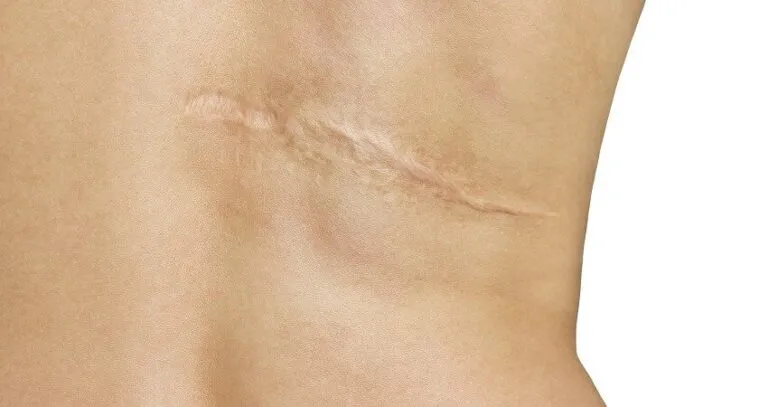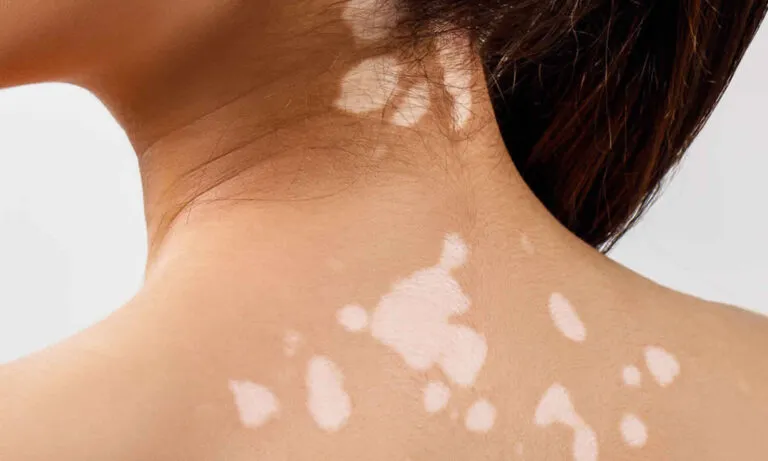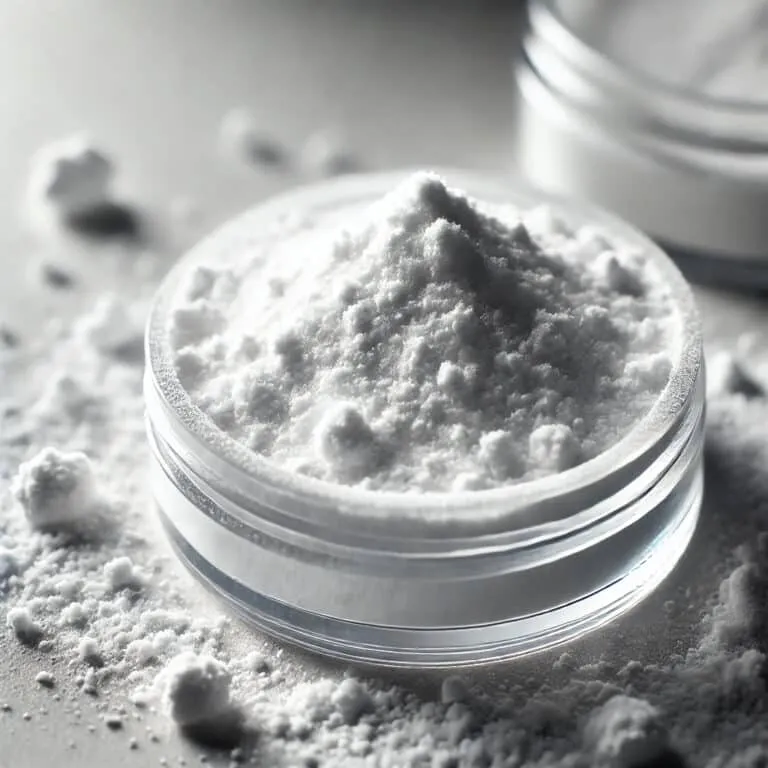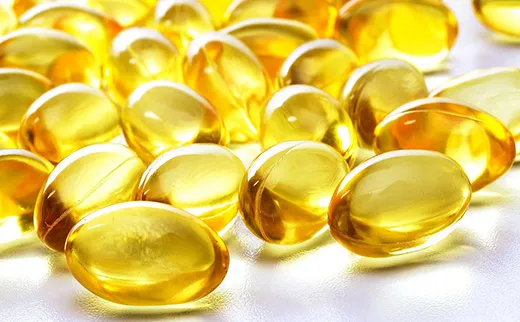Babchi Bakuchi (Psoralea Corylifolia): A Natural Solution for Vitiligo and Hypopigmentation
To find effective treatments for skin conditions like vitiligo and hypopigmentation, traditional medicine often provides valuable insights. One such example is Babchi Bakuchi, or Psoralea Corylifolia, a plant that has been used for centuries in South Asia for its skin benefits. Recent scientific studies, including one by Kumar et al. (2022), have begun to uncover the mechanisms behind its effectiveness, particularly its role in increasing melanocytes in the skin.
Understanding Vitiligo and Hypopigmentation
Vitiligo is a skin condition characterized by the loss of melanocytes, the cells responsible for producing melanin, the pigment that gives skin its color. This loss leads to white patches on the skin, affecting both cosmetic appearance and psychosocial well-being (Kumar et al., 2022). Hypopigmentation, similarly, involves reduced melanin production, leading to lighter skin patches. Current treatments for these conditions are limited and often not fully effective, highlighting the need for more options.
The Role of Babchi Bakuchi in Melanocyte Proliferation
Babchi Bakuchi has been traditionally used for repigmentation in vitiligo patients. The study by Kumar et al. (2022) provides scientific backing to this traditional knowledge. The researchers prepared ethanol and water extracts from P. corylifolia seeds and applied them to cultured human melanocytes. They found that both extracts significantly increased the proliferation of melanocytes, with the ethanol extract showing a notable increase at lower doses (1.95–7.81 µg/mL). The water extract, on the other hand, enhanced proliferation across a broader range of doses (7.81–500 µg/mL).
Phytochemical Composition and Its Implications
The study’s GC–MS analysis revealed a complex mix of phytochemicals in the extracts, including sesquiterpenes, quinolinone, and hexadecanoic acid in the ethanol extract, and compounds like benzopyranone and furocoumarin in the water extract. These compounds are known for their antimicrobial, antidepressant, antitumor, and anti-inflammatory properties. The presence of these phytochemicals suggests a multifaceted approach by which P. corylifolia influences melanocyte proliferation and skin pigmentation.
Potential in Treating Vitiligo and Hypopigmentation
The ability of Babchi Bakuchi to enhance melanocyte proliferation is particularly significant for treating vitiligo and hypopigmentation. By increasing the number of melanocytes, it can potentially lead to repigmentation of the affected skin areas. This natural approach offers a promising alternative or complement to existing treatments, which are often limited in effectiveness and can have side effects.
Safety and Efficacy Considerations
While the study by Kumar et al. (2022) highlights the potential of P. corylifolia, it also notes the importance of further research, especially in vivo and human studies, to fully understand the safety and efficacy of high doses of these extracts. As with any treatment, especially those derived from natural sources, understanding the optimal dosages and potential side effects is crucial for safe and effective use.
Conclusion
Babchi Bakuchi (Psoralea Corylifolia) stands out as a promising natural remedy for vitiligo and hypopigmentation, backed by both traditional use and modern scientific research. Its ability to stimulate melanocyte proliferation opens new avenues for treating these challenging skin conditions. As research continues to unravel its mysteries, Babchi Bakuchi could become a staple in dermatological treatments for pigmentation disorders.
Reference:
- Kumar, A., AlGhamdi, K. M., Khan, A. A., Ahamad, R., Ghadeer, A., & Bari, A. (2022). Psoralea corylifolia (babchi) seeds enhance proliferation of normal human cultured melanocytes: GC–MS profiling and biological investigation. DOI:10.1515/chem-2022-0292.


